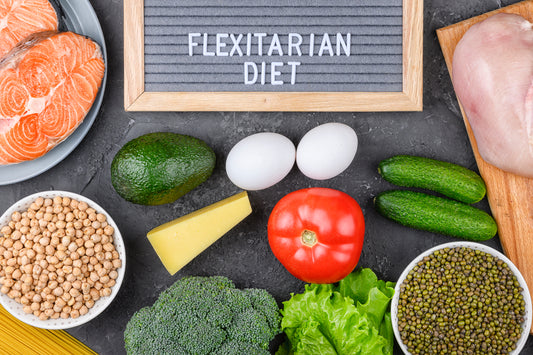Food has an incredible power to evoke emotions and provide comfort in times of stress, sadness, or happiness. This fascinating relationship between emotions and eating is a complex interplay that often goes beyond mere nourishment. In this blog post, we will delve into the intricate connection between our emotional state and our food choices, shedding light on the reasons behind emotional eating and its impact on our well-being.
Seeking Comfort in Food: Emotional eating is often a response to various emotions such as stress, anxiety, loneliness, boredom, or even happiness. Food becomes a source of solace and comfort, temporarily filling emotional voids or distracting oneself from difficult emotions. However, the relief gained from emotional eating is short-lived and can be followed by feelings of guilt, shame, or regret.
Food as Emotional Support: Food can serve as a substitute for emotional support in certain situations. Individuals may turn to food for comfort due to the difficulty of opening up and discussing their emotions with others. Recognizing this impulse can empower individuals to seek healthier and more realistic sources of emotional support, fostering overall well-being.
Activation of the Brain's Reward Pathway: There is a scientific basis for the emotional connection to food. Consuming certain foods can activate the brain's reward pathway, leading to the release of feel-good chemicals and temporary positive feelings. This association between food, reward, and pleasant emotions is particularly prevalent in children, making it easy to form emotional attachments to certain foods.
Breaking the Cycle of Emotional Eating: Understanding the connection between emotions and eating is crucial for breaking the cycle of emotional eating and fostering healthier relationships with food. It involves developing alternative coping mechanisms for dealing with emotions, such as practicing mindfulness, engaging in self-care activities, seeking social support, and exploring healthy outlets for emotional expression.
The connection between emotions and eating is a complex and multifaceted aspect of our lives. By recognizing the triggers and patterns of emotional eating, individuals can take proactive steps towards developing healthier coping mechanisms and nourishing their emotional well-being. Cultivating self-awareness, seeking support, and practicing mindful eating are essential in breaking free from the grip of emotional eating and fostering a healthier relationship with food.




